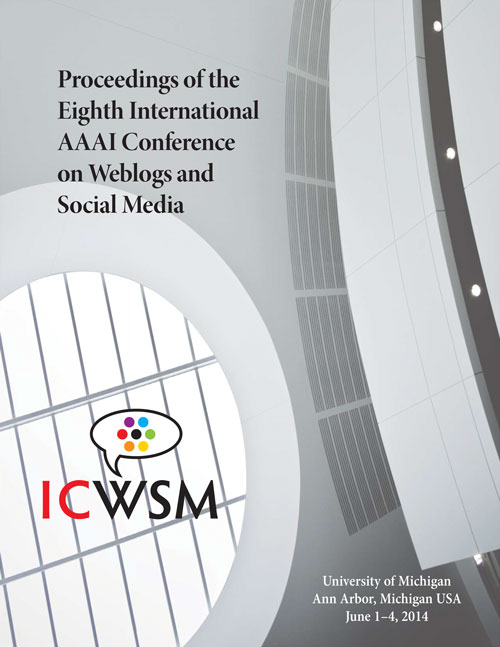WeDo: End-To-End Computer Supported Collective Action
DOI:
https://doi.org/10.1609/icwsm.v8i1.14567Keywords:
CSCW, HCI, Social computing, Collective Action, Participation, Civic engagementAbstract
Many celebrate the Internet’s ability to connect individuals and facilitate collective action toward a common goal. While numerous systems have been designed to support particular aspects of collective action, few systems support participatory, end-to-end collective action in which a crowd or community identifies opportunities, formulates goals, brainstorms ideas and develops plans, mobilizes, and takes action. To explore the possibilities and barriers in supporting such interactions, we introduce WeDo, a system aimed at promoting simple forms of participatory, end-to-end collective action. Pilot deployments of WeDo illustrate that sociotechnical systems can support automated transitions through different phases of end-to-end collective action, but that challenges, such as the elicitation of leadership and the accommodation of existing group norms, remain.

